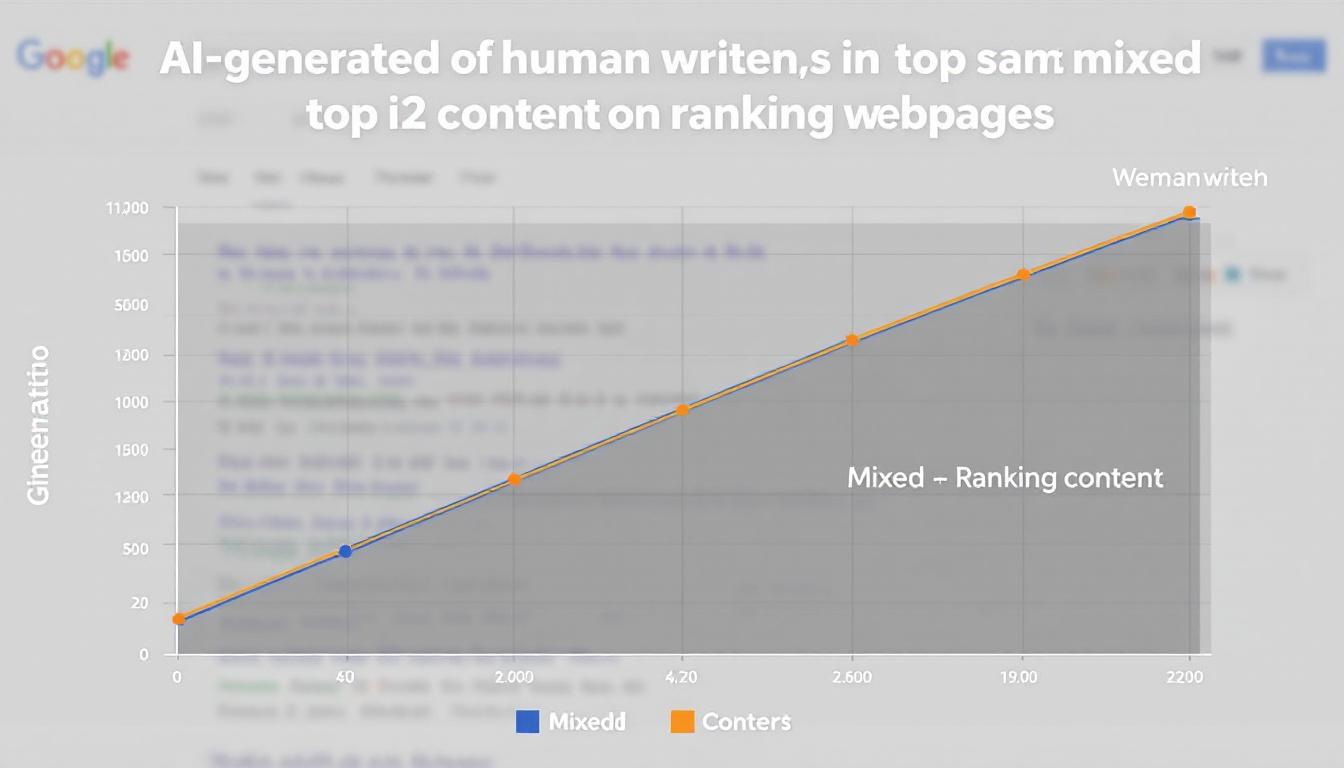During a recent episode of the Search Off the Record podcast, members of the Google Search Relations team delved into the significance of web standards for search engine optimization (SEO).
Screpy
Utilize an AI-driven SEO analysis tool to evaluate your website and monitor your keywords all in a single intuitive dashboard.
Experts Martin Splitt and Gary Illyes shared their perspectives on how these standards are established and their influence on optimizing websites.
Deciding the Fate of Web Protocols
The team discussed the criteria that determine whether a web protocol is formalized into an official standard or remains an informal guideline, using robots.txt and sitemaps as primary examples.
Google has officially recognized robots.txt as a standard through the Internet Engineering Task Force (IETF), while the sitemap protocol remains an informal standard.
This distinction showcases Google’s approach to identifying which protocols require formal governance versus those that function effectively without it.
Advantages of Standardizing Web Protocols for SEO
Standardizing web protocols brings numerous benefits to SEO, enhancing how websites are interpreted and managed by search engines.
Uniform Processing
One of the key benefits is the consistent way search engines and crawlers interpret standardized protocols.
With a formal standard like robots.txt, the interpretation across various platforms is aligned, reducing discrepancies and ensuring that directives are uniformly followed.
Open Development Resources
Standardization also fosters a collaborative environment where tools and resources can be developed openly.
Illyes mentioned that by making their robots.txt parser open-source, Google encouraged the community to build upon it, enhancing its functionality and reliability.
Simplified Usage
Another advantage lies in the ease of implementing these protocols for website owners.
Illyes pointed out that having standardized guidelines means site owners can write robots.txt files with greater confidence, minimizing confusion and errors.
The Process of Establishing Web Standards
Creating web standards involves a meticulous process handled by dedicated groups, ensuring that protocols are secure and widely compatible.
Collaborative Development
Various organizations oversee the development of web standards through collaborative efforts.
Entities like the IETF, W3C, and WHATWG engage in open discussions and thorough testing to develop protocols that serve the broader internet community.
Illyes emphasized that demonstrating the practical functionality of a protocol is essential, leading to numerous iterations and a deliberate pace to guarantee robust and secure standards.
Addressing Security in Web Standards
Security is a paramount consideration in the development of web standards, protecting both websites and the tools interacting with them.
When formulating the robots.txt standard, Google incorporated a 500-kilobyte limit to mitigate potential security threats.
Illyes shared that evaluating how a standard could be exploited is a crucial step in defining its boundaries.
The Bottom Line
For SEO practitioners, these insights from Google underscore the importance of adhering to standardized web protocols.
By crafting precise robots.txt directives, utilizing open-source tools, and understanding the flexibility of sitemaps, professionals can enhance their website’s search performance. Additionally, participating in web standards discussions offers a chance to influence future protocols.
As search engines continue to value technical precision, grasping the fundamentals of web standards remains essential for achieving SEO excellence.







